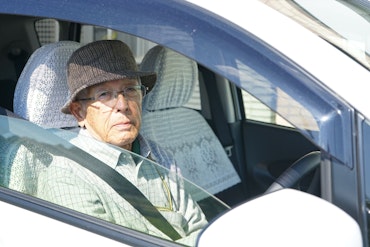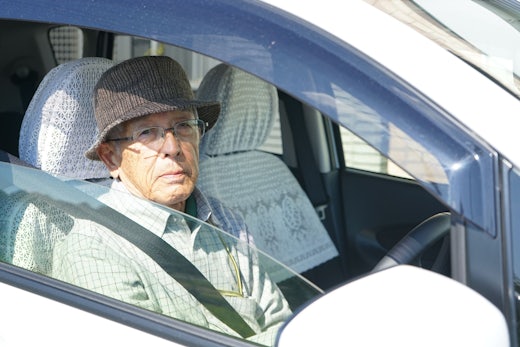Surfin’ net helps elderly connect
The internet is giving older people in rural areas a new lease on life, according to a report released last week by the University of Adelaide. Surfing the net, using Skype, email and social networking sites is keeping older people “connected” with their communities, says lead report author, Dr Helen Feist.

The internet is giving older people in rural areas a new lease on life, according to a report released last week by the University of Adelaide.
Surfing the net, using Skype, email and social networking sites is keeping older people “connected” with their communities, says lead report author, Dr Helen Feist.
Dr Feist, the deputy director of the Australian Population and Migration Research Centre at the University of Adelaide, has spent the past three years investigating how technology can be used in remote and rural areas of Australia to improve the lives of older people.
Funding for the project was awarded to the Murray Mallee Aged Care Group by the Department of Health and Ageing, who contracted the university to undertake the study.
The project looks at the best ways of encouraging older people to adopt new technology in a “non-threatening” way.
A survey in the Murray Lands region of South Australia reveals nearly 25% of people aged 80 years and over, and more than a third of those in the 65 to 79 year age bracket are open to learning new technologies.
“In order for people to remain integrated within a world that increasingly relies on new technology, it is important older people are offered opportunities to adopt and use these new technologies, such as computers, smart phones, personal tablets and the internet,” Dr Feist says.
Study participants introduced to iPads and laptop computers quickly embraced the new technology, reporting a 30% increase in comfort levels with computers and the internet after using them over a 12 month period.
“Older adults who adopt new skills as they age improve their confidence, health, enjoy richer levels of social and civic engagement and are more resilient to life stressors and crises,” Dr Feist says.
“New technology is enabling older people to keep connected regardless of location, distance or mobility.”
Dr Feist says the most important motivator among the elderly for taking up new technologies is to stay connected to family and friends.
“Their willingness to learn suggests there is indeed an untapped market for information and communication technology training in rural areas.
“Given the right device, along with personalised training and support, older people of all ages will take up and continue to use new technology,” Dr Feist says.
The report makes a number of recommendations including better financial support for seniors for learning new technologies, subsidies for internet connections, and the introduction of `come and try’ programs in local community centres.























Comments